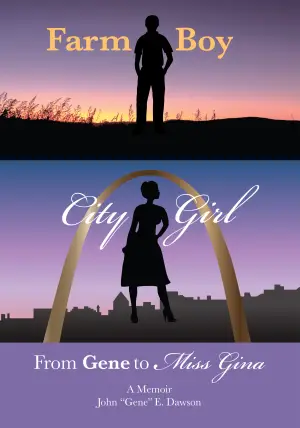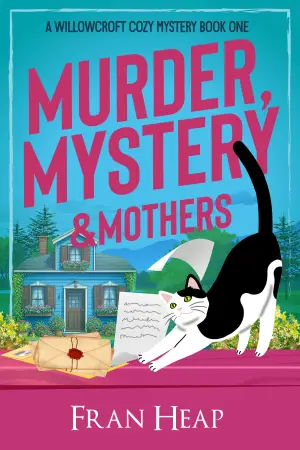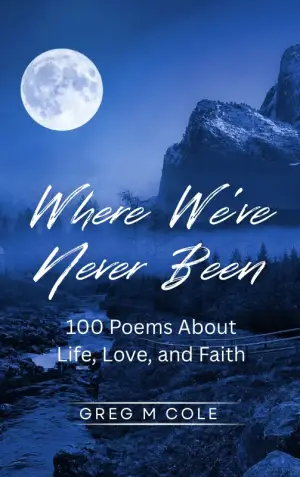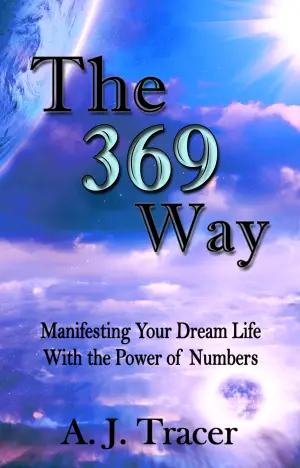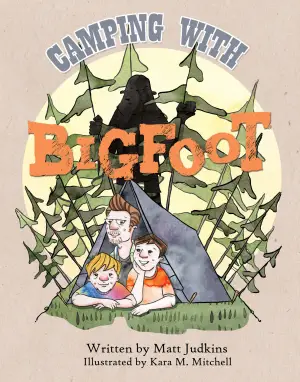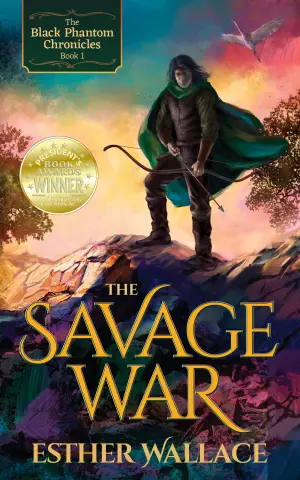Book Review: The Great Divide by Cristina Henríquez
As a reader of Panamanian descent, I was irresistibly drawn to Cristina Henríquez’s The Great Divide. The moment I caught wind of this novel, set against the backdrop of the Panama Canal’s construction, I knew it would be a deeply personal exploration of my ancestors’ struggles and triumphs. Henríquez, celebrated for her insightful narratives, offers not just a historical portrait but a resonant commentary on the human cost of progress, making The Great Divide an unmissable read.
At its heart, the novel intersects the lives of three compelling characters: Omar, a young man whose dreams clash with familial expectations; Ada, a brave 16-year-old girl seeking to save her sick sister; and John Oswald, an American doctor grappling with his own ideals in a foreign land. Each character is intricately developed, embodying the various tensions that arise from the immense changes sweeping through Panama. Omar’s yearning for connection, Ada’s courage, and Oswald’s evolving perspective beautifully illustrate how personal ambitions intertwine against the backdrop of monumental historical shifts.
Henríquez excels at crafting a vibrant panorama of society during this tumultuous era. The dichotomy between the burgeoning American influence and traditional Panamanian culture creates a rich tapestry that is both engaging and poignant. I was particularly captivated by the way Henríquez balances the stark realities of brutal working conditions with bursts of beauty and hope. Her prose reads like poetry; lines such as, "The smell of the salt water and the rain and the mud and the lemon trees was a heady mixture," transport you straight to the vibrant, lush landscapes of Panama.
One of the themes that resonated strongly with me was the exploration of division and connection in a changing society. Henríquez deftly highlights the various divides—be they cultural, generational, or class-related—yet she also emphasizes the bridges being built. For instance, Omar and Ada’s friendship crosses cultural lines, defying the very divides that threaten to isolate them. This nuanced portrayal made me reflect on my own life, where understanding and connection often emerge from our differences.
While there were moments where the pacing slowed, with certain subplots feeling underdeveloped, the depth of character and the rich world Henríquez creates more than compensates. The narrative’s eventual convergence is satisfying, allowing for a glimmer of hope that feels both realistic and refreshing amidst the chaos of societal change.
At its core, The Great Divide is an insightful historical fiction piece that threads together the personal and the political with grace. Henríquez’s meticulous research shines through but never overwhelms the story; instead, it enriches the reader’s experience, providing an authentic view of the complexities of identity and heritage.
This is a book that I believe will resonate with anyone interested in historical narratives, especially those eager to explore the intersections of culture and humanity. If you have ever grappling with your sense of identity or the costs of progress in your community, this novel will undoubtedly strike a chord.
Personally, The Great Divide sparked conversations with my family about our history and our homeland, reminding me of the beauty and complexity woven into our shared stories. I’m forever grateful to Henríquez for crafting such a poignant, empathetic narrative. Her work invites us to not only remember the past but also reflect on the paths we walk today.

